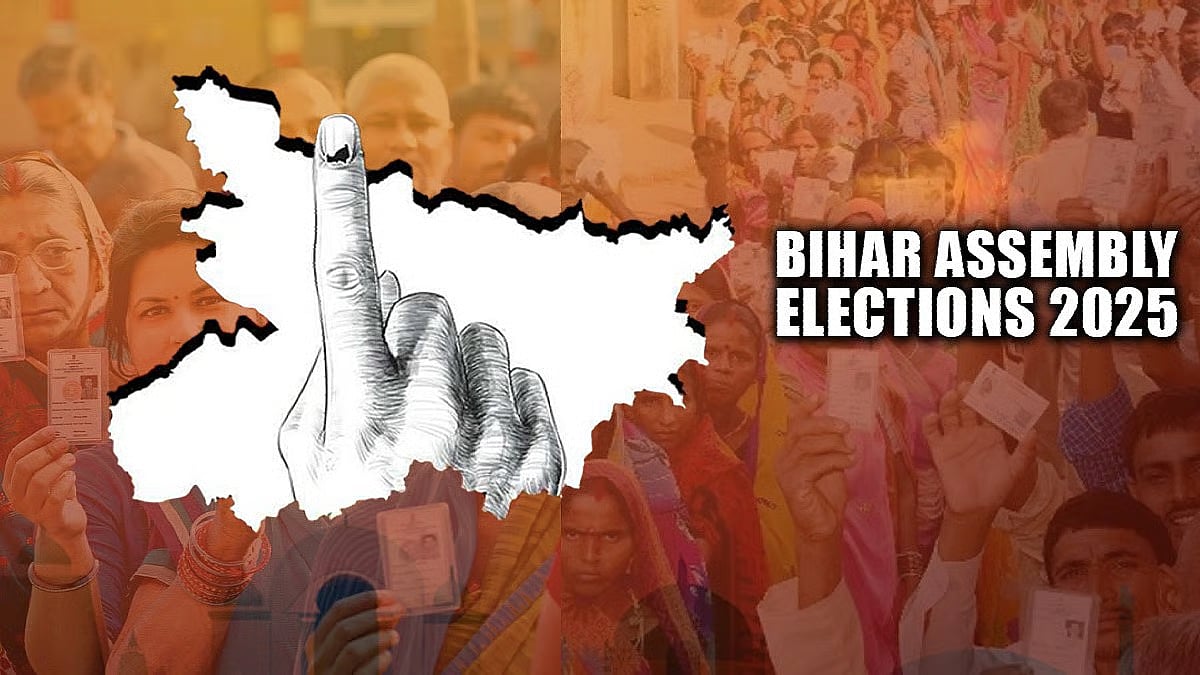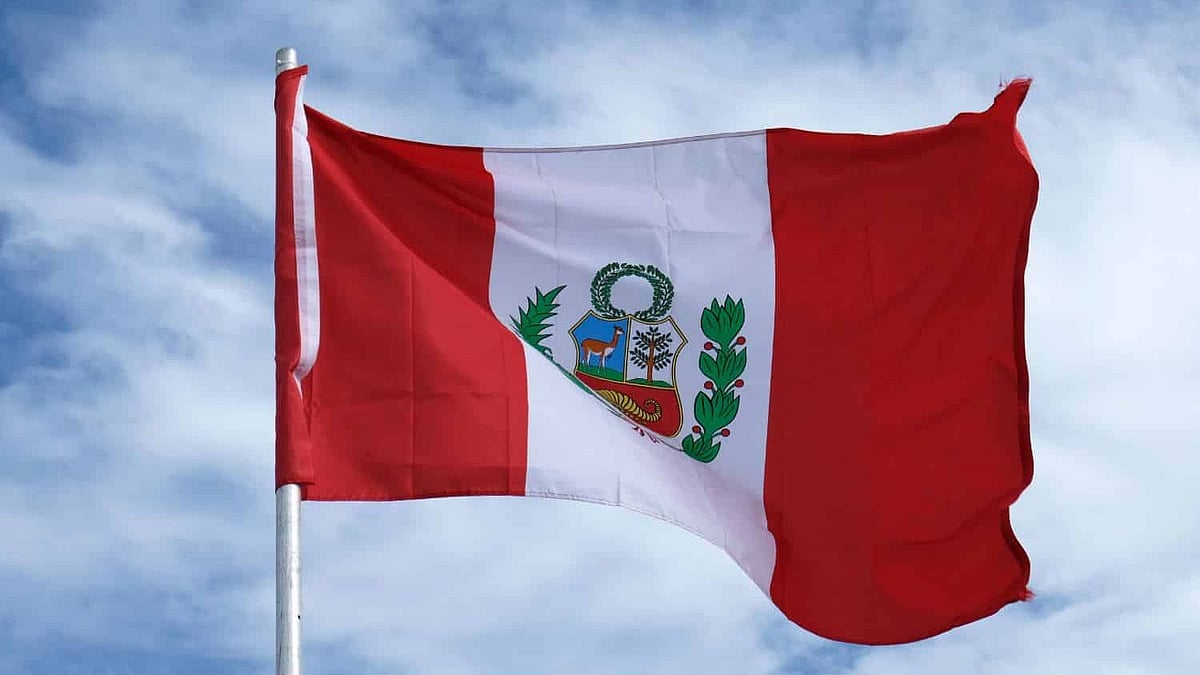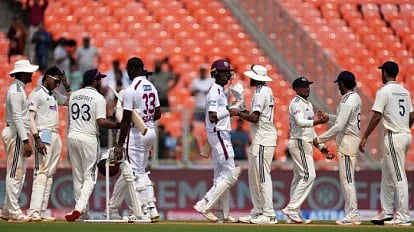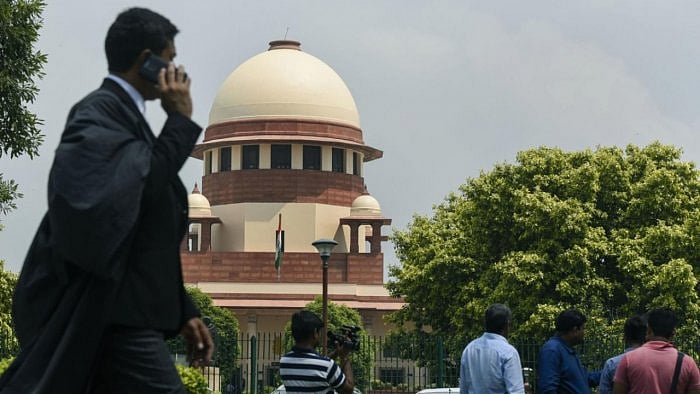After the dust kicked up by the on-going disclosures about the electoral bonds finally settled down, it is unlikely that the role of money in electoral politics would reduce in any significant way. For, it is the nature of the beast called politics that without money it can barely survive. Over the years, several crusaders who set out to rid politics of money power came to grief, frustrated by the near-impossible task of cleansing the Augean stables of competitive politics. The AAP solemnly pledged not to accept a paisa in black and to put out on website the names and addresses of each donor. Within weeks of coming to power AAP forgot its solemn pledge. And are now embroiled in multi-crore excise fraud in Delhi. Don’t blame AAP. Politics is like the proverbial kaali kothdi, whoever enters it cannot escape unblemished. The information released at the behest of the Supreme Court thus far reveals that all major national and regional parties were recipients of the poll bonds. Naturally, being in power at the Centre and in a majority of States, the BJP was the biggest beneficiary. But the second highest receiver of bonds was Mamata Banerjee’s Trinamool Congress. To see it in perspective, Trinamool’s Rs. 1,600 crore for being in power in a solitary State is way above the BJP’s Rs 6,000 crore despite it being in power at the centre and several states. The Congress with over Rs. 1,400 crore did not do badly considering the few states it was in power. Therefore, notwithstanding the noise by the Congress leaders, there are no holy cows in politics, every party is hungry for funds and ready to get every which way it can. For one, the ruling parties have the tools to “fix” businesses, especially those with unclean hands. And these donate to the ruling parties in the hope of buying reprieve. Think about it. Only a few years ago, when the Congress party was ruling the roast nationally it received a bulk of funds, with the not-so-strong Opposition parties receiving a small fraction of it. Actually, the BJP and the Opposition have almost equally divided a total of Rs 12,000 crore received in poll bonds. An element of coercion both in the case of the BJP and the Opposition parties might well have been at work in donations through electoral bonds. This again is not new. When the Congress party had ruled throughout the country it not only attracted a huge bulk of the donations but it also ensured that no one in Opposition received even a fraction of it. And when it wanted more, it merely threatened to nationalise this or that business. In Punjab, under Chief Minister Pratap Singh Kairon you needed merely to spread word about the take-over of the transport business or of the cinema halls for their owners to rush with a thaili containing collective cash-donations to appease the powers that be. George Fernandes as Industries Minister in the first non-Congress government at the centre gave a severe tongue-lashing to the captains of industry and commerce for donating to the Congress party. Later, a few of the industrialists met Fernandes, asking if he thought they paid voluntarily to a Congress party which had imposed 97.5% tax and nationalised the banks and other industries. “We pay not to Indira Gandhi the person but Indira Gandhi the prime minister…”
Let us be clear. The ban on electoral bonds is guaranteed to drive political funding underground. Cash will be king again. Several decades ago after the formation of the Swatantra Party by C R Rajagopalchari to challenge the licence-permit-quota raj of then ruling “socialist” Congress party, Indira Gandhi banned corporate donations to political parties. Why? Because industrialists donated to the Swatantra Party liberally due to its commitment to liberalise the economy. Thus, she encouraged black money in politics. Anyone donating to the Opposition attracted her wrath. The electoral bonds scheme was imperfect but still an improvement over what had prevailed before it. Now, the policy-makers will have to go back to the drawing board to locate a less imperfect scheme for political donations. Let us end this comment with another relevant aphorism of everyday reality of India. Having internalised petty and not-so-petty corruption in their daily lives, ordinary Indians know full well that greasing the palm of the police constable or the municipal inspector makes eking out daily existence a little easier. “Chadhtey suraj ko har koi salaam karta hai,” isn’t it?






